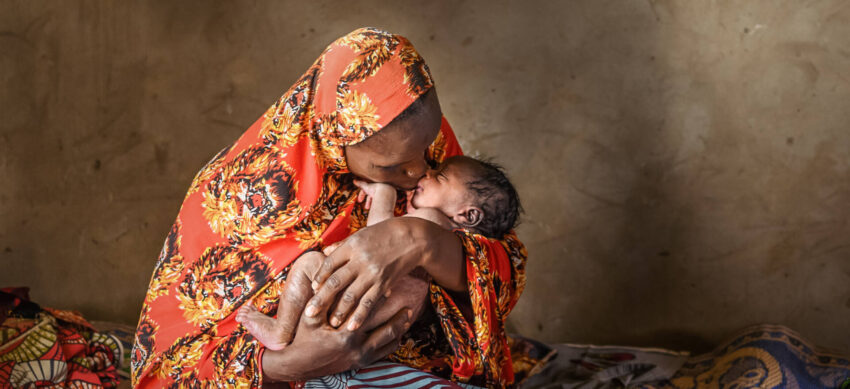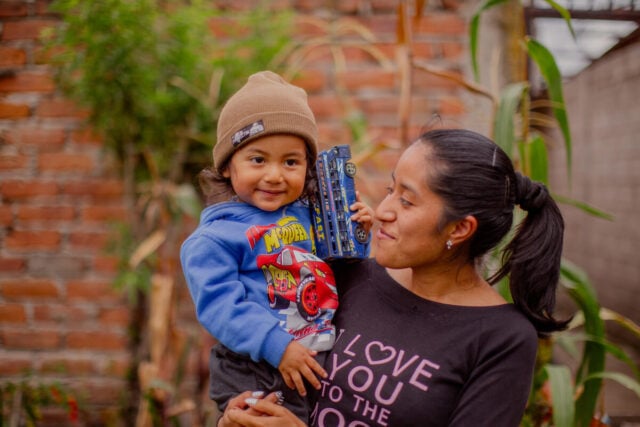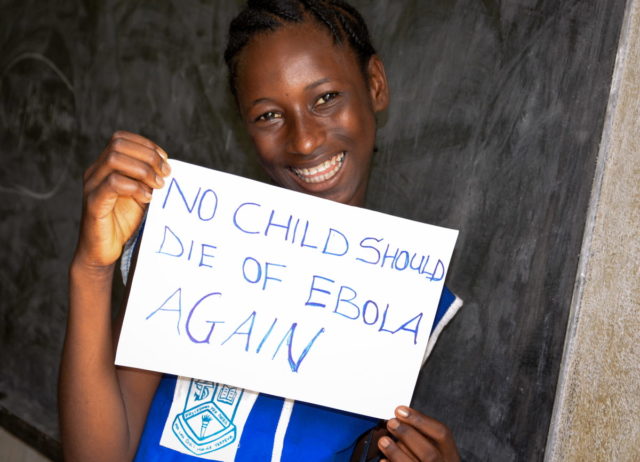Hope brings joy. Even in a world where it may seem like there’s only bad news, there are still many reasons to be thankful and rejoice in the Lord.
We thank God for signs of progress in healthcare being made around the world to save children’s lives and provide them with a healthy future.
Be joyful in hope, patient in affliction, faithful in prayer.—Romans 12:12 (NIV)
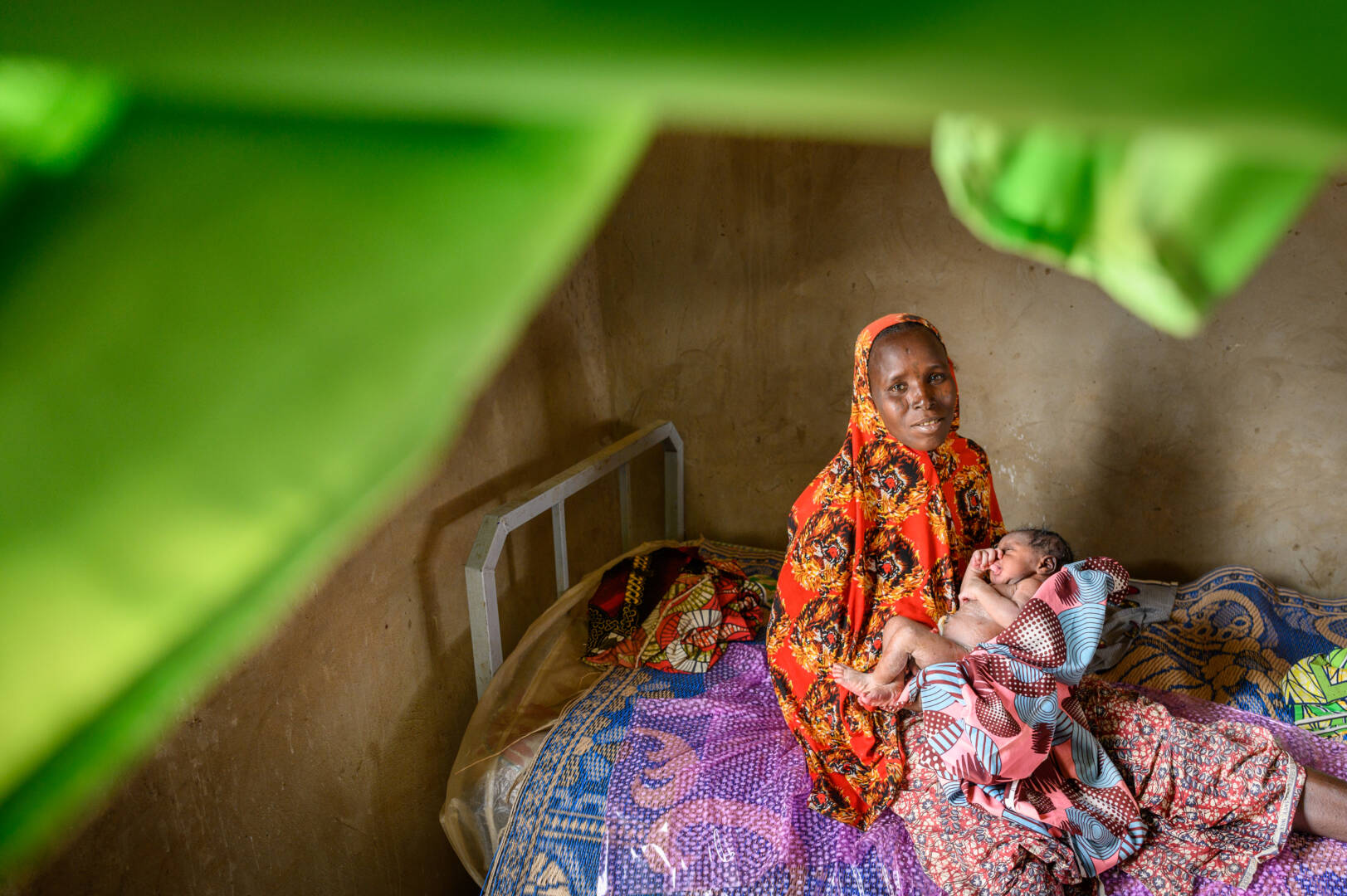
1. Improved health systems in Niger keep the next generation healthy
One of the most pressing challenges facing Niger is the severe lack of adequate healthcare, particularly where World Vision works. Two out of three health clinics in these areas don’t have access to clean water, and 96% of these clinics need essential hygiene services. Can you imagine delivering a baby without clean water?
Not only is this detrimental to the safety of mothers and newborns during childbirth, but it also increases the risk of spreading infectious diseases. Because of the incredible support of our partners, World Vision is:
- Equipping health clinics with access to clean water, handwashing stations, toilets, and showers
- Training and equipping more community health workers to educate and support pregnant women in their homes as well as diagnose and treat common deadly illnesses in their children
- Offering additional training to existing health clinic staff
- Delivering critical medical equipment and supplies
- Mobilizing local faith leaders to reinforce key health messages
Heavenly Father, we pray for mothers in Niger who are struggling to access quality healthcare. We ask in Your holy name that You would provide improved health systems that will ensure every mother receives the care and support she needs to thrive.
Give: Your gift helps bring access to clean water, sanitation, and training to rural health clinics in Niger, as well as support community health workers. Join us in keeping mothers and babies safe and healthy.
2. More mothers and children are surviving and thriving.
Globally, the rate of deaths of children under 5 is on the decline, with 38 deaths per 1,000 live births as of 2021 — a 61% decrease since 1990. Also, the ratio of women dying in childbirth or from birth complications dropped by 34% from 2000 to 2020.
Many factors are contributing to these improved outcomes. Better nutrition, access to quality healthcare services, and medical advancements have given new moms and their babies a healthier start. Improved access to clean water and sanitation is helping stop many preventable life-threatening diseases. At World Vision, we recognize that our commitment to ending poverty can’t be achieved without addressing maternal and child health.
Dear God, we thank You for every precious mother and child whose life has been saved. Give us courage and strength to extend Your love to more mothers and kids so that they may enjoy Your fullness of life.
Give: The first weeks of life are a critical time for babies and their moms. Your gift of a new mother and baby kit can boost a baby’s chance to live a long, healthy life.
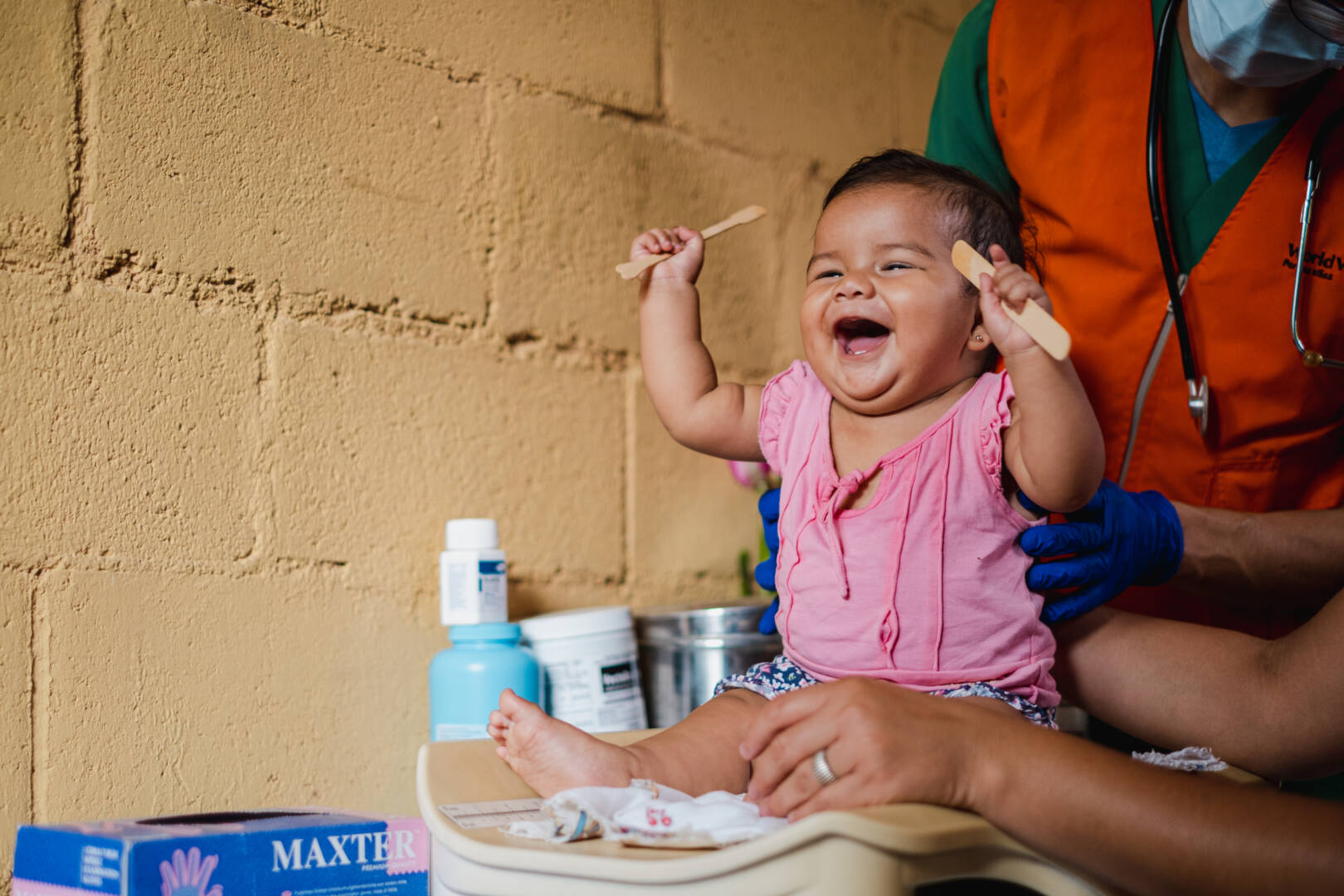
3. Vitamin A supplements help keep children healthy.
Vitamin A supplements have been shown to reduce child deaths up to 24% in low- and middle-income countries. This means thousands of lives could be saved by preventing childhood illnesses such as measles and diarrhea.
Vitamin A boosts growth, enhances a child’s ability to resist or bounce back from infectious diseases, and helps to prevent blindness. However, many vulnerable children may not get enough vitamin A from their diet. Supplying high-dose capsules, costing just a few pennies each and given between birth and 59 months, can lead to better health outcomes. That’s why World Vision includes vitamin A as part of our early childhood interventions.
Heavenly Father, giver of every good and perfect gift, we desire to be Your instruments to ensure every child can flourish. Please give us the will and the means to improve life for every child we serve.
Give: Your gift of life-saving medicine and healthcare, which multiplies 6 times thanks to donations from pharmaceutical and medical supply companies, ensures that health clinics have medicines, vitamin A, and supplies to keep children well.
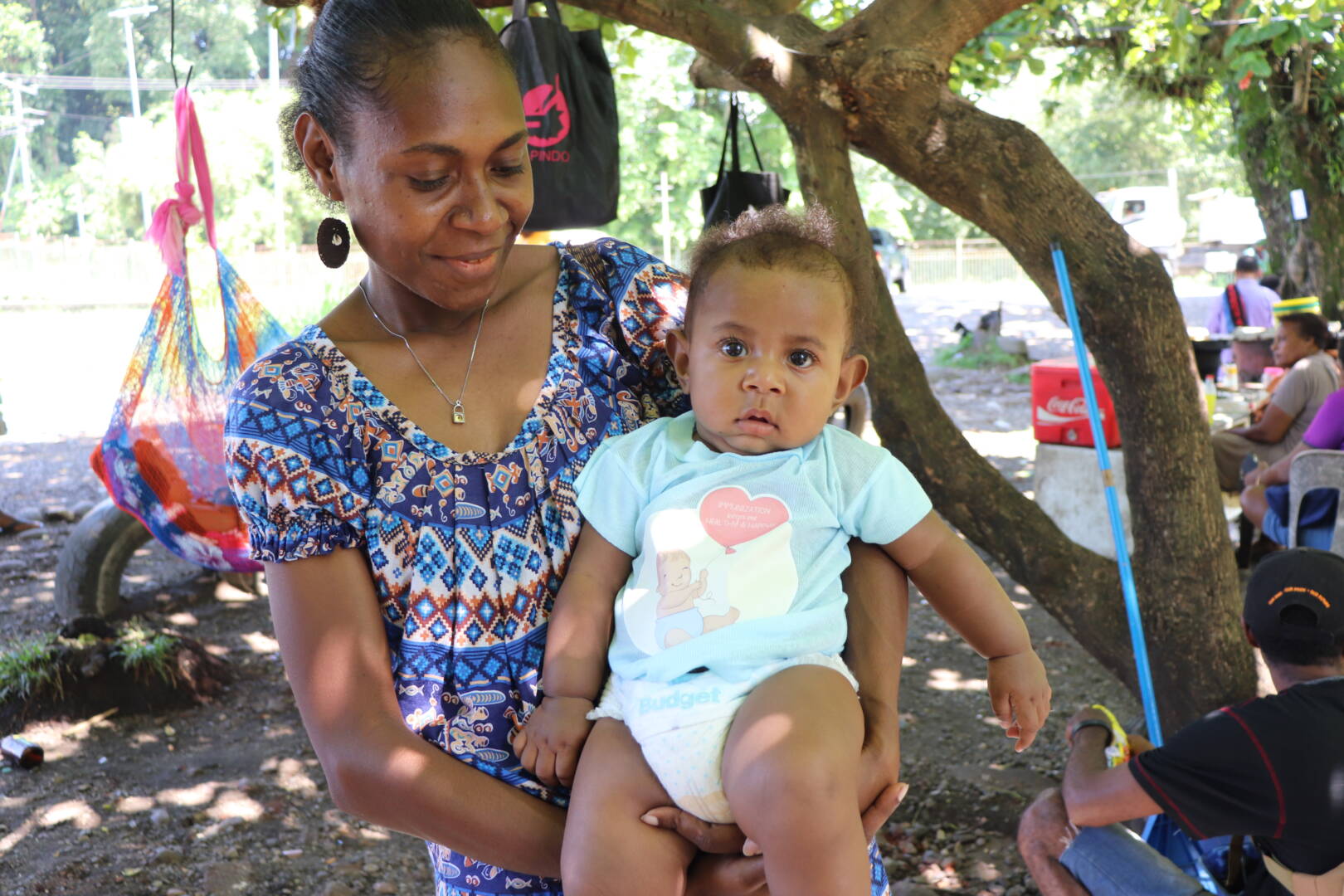
4. Immunizations prevent up to 5 million deaths each year.
Vaccinations against life-threatening diseases like the flu and measles save up to 5 million lives each year, according to the World Health Organization (WHO). In fact, delivering immunizations to children around the world has saved more lives than any other health activity in the past 50 years.
More than 20 dangerous and debilitating diseases — including diphtheria, tetanus, pertussis, pneumonia, and polio — can be stopped by timely vaccinations. Although we have made remarkable strides in vaccinating vulnerable children worldwide, we still have more to do. Unfortunately, vaccination coverage has reached a plateau and even dropped since 2020 due to the unprecedented challenges of the COVID-19 pandemic. In 2021, 25 million children missed essential vaccinations because of the pandemic’s strain on vulnerable health systems. We’re dedicated to improving vaccination coverage for vulnerable children and their families.
Dear Lord, we know that every child is created in Your image and deserves our care. Renew our dedication to following Your example as a friend and healer for children in need around the world.
Give: Help vulnerable children thrive by giving the gift of health. Your gift provides vital medicine and nutrition resources like malnutrition monitoring, pre- and postnatal care, immunization support, vitamin supplements, disease prevention training, and medicines. Plus, your donation multiples 6 times in impact!
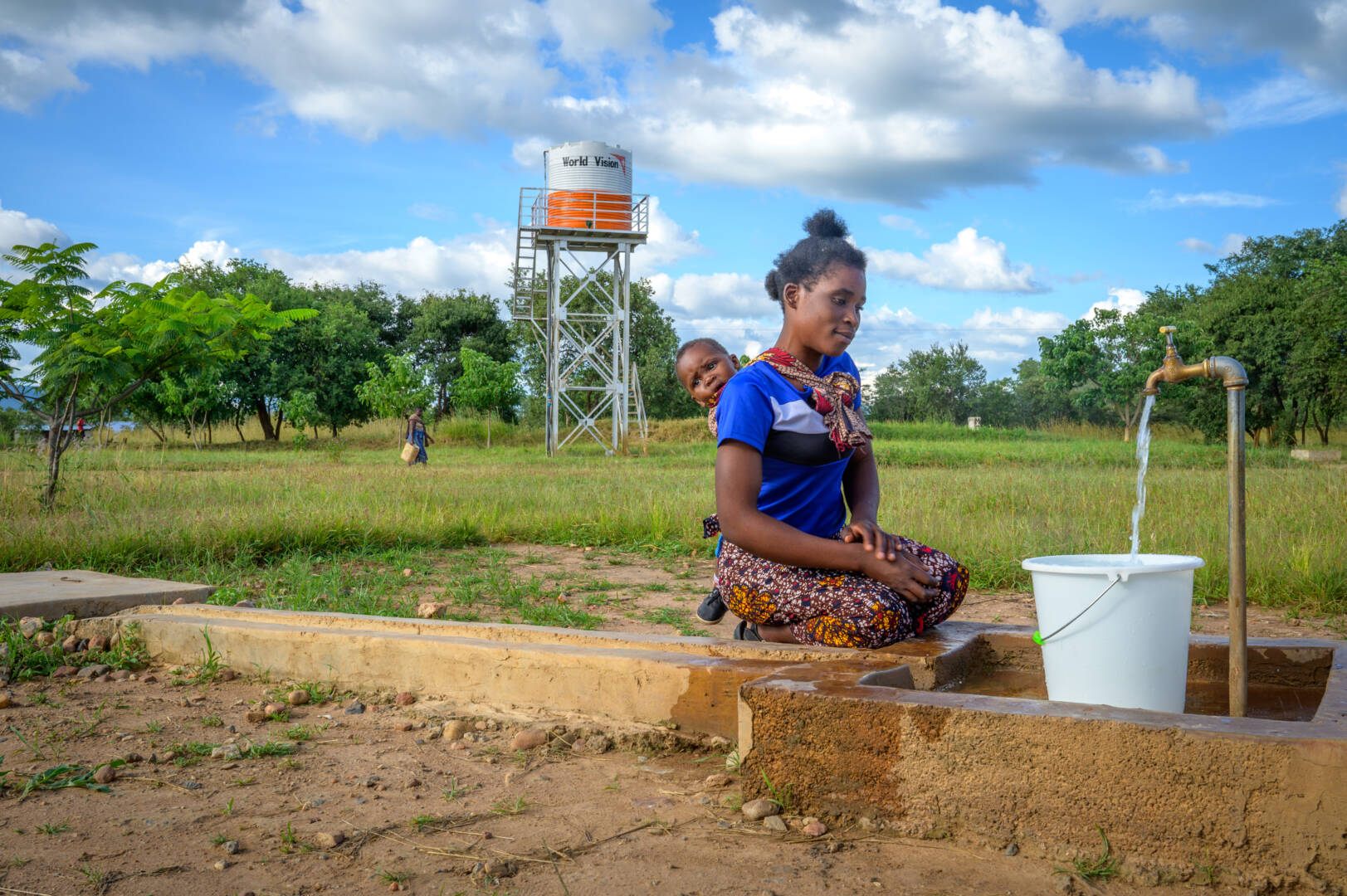
5. Access to clean water and sanitation support healthy kids and communities.
Imagine a baby splashing in the bath, a mom savoring a drink of pure clean water, and children washing their hands with soap and water after using the toilet. These simple activities are a few signs of a healthy life that becomes possible when children and adults have access to clean water and improved sanitation.
Investing in clean water, sanitation, and hygiene behavior change can greatly improve lives and help end extreme poverty.
We’re seeing significant progress in making clean water accessible around the world. Since 2000, the number of people lacking access to clean water has dropped from 1.1 billion to 771 million in 2020. And even more benefits can be realized by improving sanitation and hygiene behaviors.
As the leading nongovernmental provider of clean water in the developing world, we’re working hard to bring clean water to more people every day. Our efforts include reaching one new person with clean water and one new person with handwashing behavior change programming every 10 seconds. We’re also investing in education by equipping schools to build latrines and handwashing facilities.
Together, we are positively impacting the lives of millions of people. Our efforts since 2011 have contributed to establishing lasting access to clean water for 31.4 million people, improving sanitation for 25.3 million, and supporting hygiene behavior change for 39.8 million.
Jesus, who quenches thirst with living water, help us to follow Your example and mirror Your kindness and generosity as we equip people around the world with clean water.
Give: Your gift of a safe school latrine is an investment in education — and a vital step toward ensuring access to clean water in the developing world. Girls and boys can live healthy lives and stay in school longer when they have separate latrines, including latrines with access for people with disabilities, and handwashing stations.
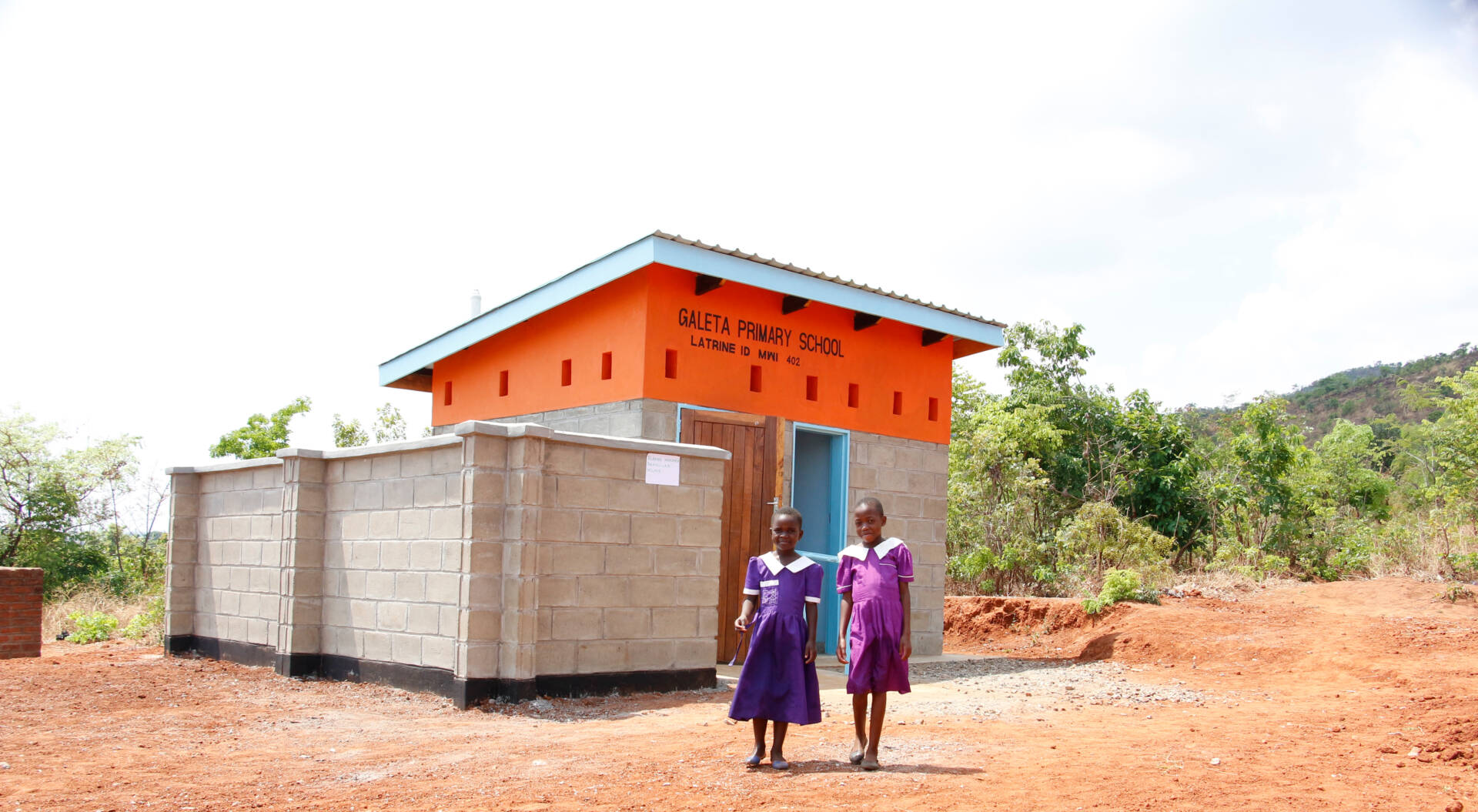
Sevil Omer of World Vision’s U.S. staff contributed to this article.
